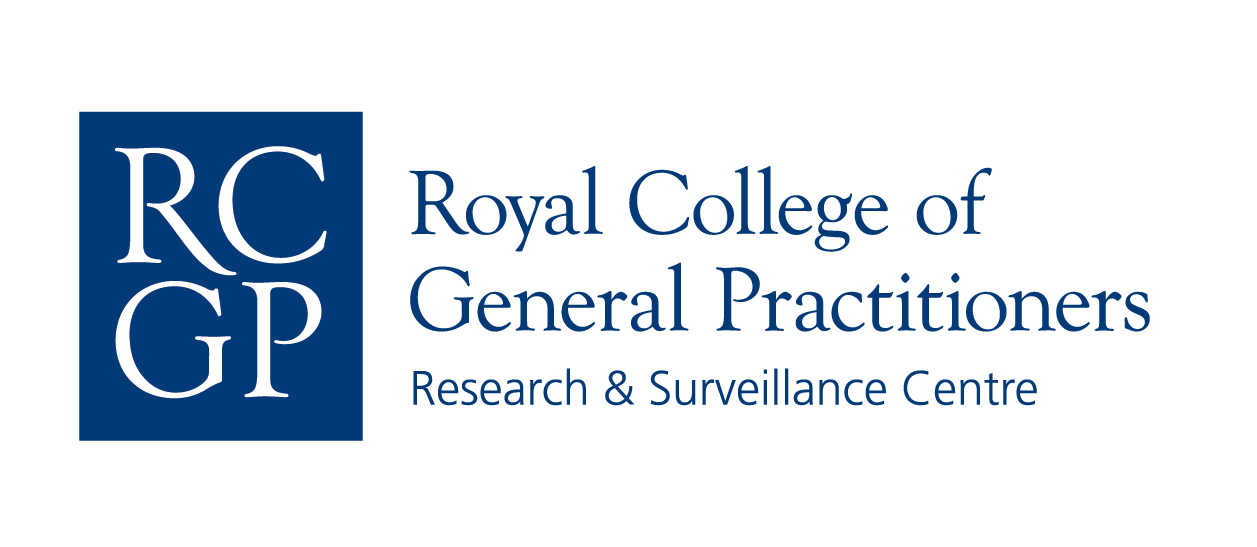Cervical Screening
All women and people with a cervix aged 25-64 are eligible for cervical screening. In England, those registered as female with their GP practice will be invited for screening every three years if aged 25-49 and every five years if aged 50-64. Those registered as male will need to request an appointment from their GP practice or a local sexual health clinic.
How cervical screening helps prevent cancer
Cervical screening checks the health of your cervix and helps find any abnormal changes before they can turn into cancer.
It's not a test for cancer, it's a test to help prevent cancer.
Cervical screening checks a sample of cells from your cervix for certain types of human papillomavirus (HPV).
These types of HPV can cause abnormal changes to the cells in your cervix and are called "high risk" types of HPV.
If high risk types of HPV are found during screening, the sample of cells is also checked for abnormal cell changes.
If abnormal cells are found, they can be treated so they do not get a chance to turn into cervical cancer.
What is HPV?
HPV is the name for a very common group of viruses.
Most people will get some type of HPV during their lives. It's very common and nothing to feel ashamed or embarrassed about.
You can get HPV from any kind of skin-to-skin contact of the genital area, not just from penetrative sex.
This includes:
- vaginal, oral or anal sex
- any skin-to-skin contact of the genital area
- sharing sex toys
Some types of high risk types of HPV can cause cervical cancer. In most cases your body will get rid of HPV without it causing any problems. But sometimes HPV can stay in your body for a long time.
If high risk types of HPV stay in your body, they can cause changes to the cells in your cervix. These changes may become cervical cancer if not treated.
If you do not have a high risk type of HPV it's very unlikely you'll get cervical cancer, even if you've had abnormal cell changes in your cervix before.
Why are women under 25 not invited?
This is because changes in the young cervix are normal. If they were thought to be abnormal this could lead to unnecessary treatment which could have consequences for women's childbearing. Any abnormal changes can be easily picked up and treated from the age of 25. Rarely, younger women experience symptoms such as unexpected bleeding or bleeding after intercourse. In this case they should see their GP for advice.
*References to women includes cisgender women, transgender men and non-binary (assigned female at birth) people who have not had hysterectomy or bilateral oophorectomy.
Why are women over 65 not invited?
Women aged 65 and over who have had three consecutive negative results are taken out of the call recall system. The natural history and progression of cervical cancer means it is highly unlikely that such women will go on to develop the disease. Women aged 65 and over who have never had a test are entitled to one.
*References to women includes cisgender women, transgender men and non-binary (assigned female at birth) people who have not had hysterectomy or bilateral oophorectomy.
What about women who are not sexually active?
The NHS Cervical Screening Programme invites all women between the ages of 25 and 64 for cervical screening. But if a woman has never been sexually active with a man, then the research evidence shows that her chance of developing cervical cancer is very low indeed. We do not say no risk, only very low risk. In these circumstances, a woman might choose to decline the invitation for cervical screening on this occasion. If a woman is not currently sexually active but has had male partners in the past, then we would recommend that she continues screening.
*References to women includes cisgender women, transgender men and non-binary (assigned female at birth) people who have not had hysterectomy or bilateral oophorectomy.
INDEX - Services
- Blood Tests Explained
- Cardiovascular Risk Assessment
- Cervical Screening
- Child Health
- Contraception
- e-Referral Service
- Find a Pharmacy
- Flu and Covid Vaccinations
- Local Service Directory
- Maternity Services
- Mental Health
- Non-NHS Services
- Social Prescribing
- Tests and Results
- Travel Advice
- Treatment Room Services
- RSV Vaccination
We use cookies to help provide you with the best possible online experience.
By using this site, you agree that we may store and access cookies on your device. Cookie policy.
Cookie settings.
Functional Cookies
Functional Cookies are enabled by default at all times so that we can save your preferences for cookie settings and ensure site works and delivers best experience.
3rd Party Cookies
This website uses Google Analytics to collect anonymous information such as the number of visitors to the site, and the most popular pages.
Keeping this cookie enabled helps us to improve our website.

